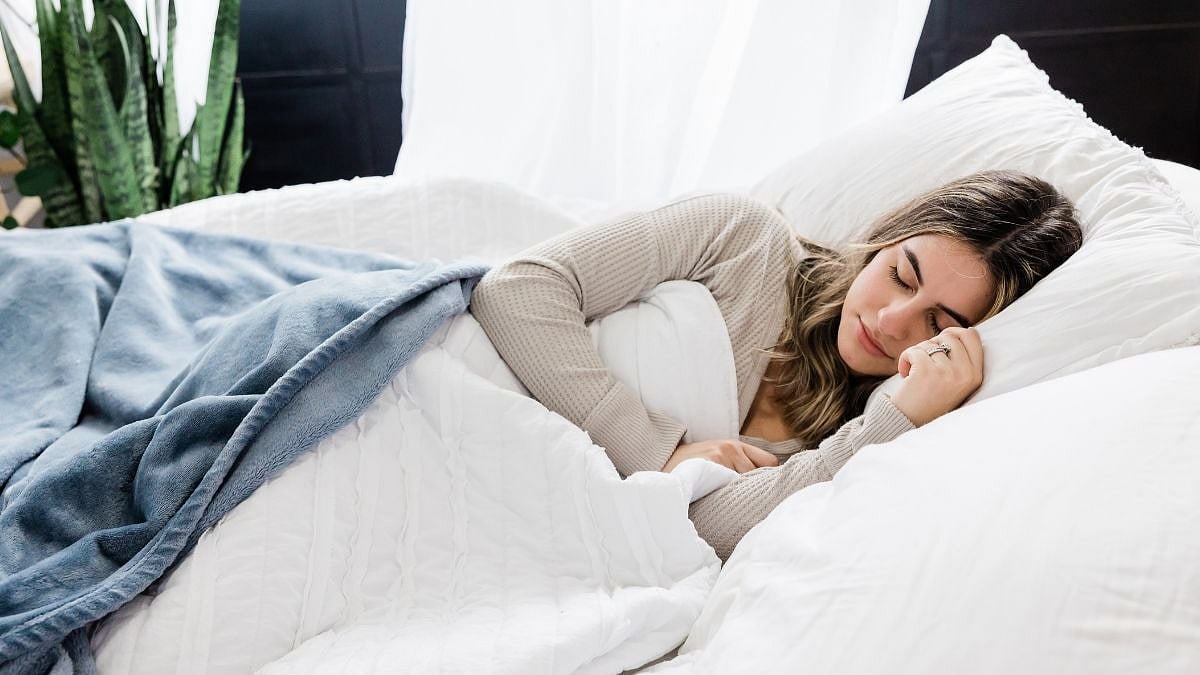The ongoing Covid-19 pandemic has struck both people’s mental health and physical health, with necessary protocols like social distancing and restricted mobility making the average Indian feel alienated and low-spirited.
In a country which already grappled with silent mental health issues pre-pandemic, the current Covid-19 situation has further exacerbated stress and anxiety at an unprecedented scale, reaching all strata and ages.
Ayurvedic expert and founder of Vedas Cure, Vikas Chawla, shares that people may experience a wide variety of psychological effects as a result of infectious outbreaks.
He says: “Individually, new psychological symptoms in people without mental illness may precipitate or intensify the condition of someone with pre-existing mental illness, causing anxiety to their caregivers. Regardless of their exposure to the virus, one can constantly feel fear, anxiety and helplessness about being sick, which may lead to mental breakdowns and poor mental health.”
“The pandemic has severely affected the economy of our country. Many industries such as hospitality, tourism, education and entertainment are close to or have shut down. Due to this many people have either lost their jobs or their remuneration has been cut down by as much as 50 per cent. Such kinds of loss of jobs and/or income has also put people under a lot of stress and mental pressure,” says Chawla.
Economic fluctuations, unemployment, increased competition, and unattainable high expectations contribute to a rise in psychological and psychosomatic disorders such as frustration, anxiety, depression, phobias, and personality changes. Stress is said to be responsible for nearly 75 per cent of all diseases. And if not diagnosed and treated promptly, they may lead to extreme depression, insomnia, sleep disorders, migraines, and headaches, among other issues, he adds.
According to him, Ayurveda has effective ways of helping an individual to deal with stress and anxiety. Hundreds of medicinal plants with immune modulator, anti-oxidant, and memory-enhancing properties are available in Ayurveda. Brahmi, ashwagandha, bhringraj, tulsi, ghee, and natural herbs can help relax the mind and address most of these disorders, he opines.
“It is important to resolve and handle certain concerns naturally in order to live a happier life. A well-known memory-booster, Brahmi is an angel in disguise for your mental well-being, overall. It has a relaxing, anti-stress effect on the central nervous system. Its frequent intake will help you combat anxiety by calming you down.
He further adds, “Bhringraj can detoxify your body, encourage oxygen supply to your brain, and make your brain healthier and stronger, helping it to fend off stress and handle its effects better when ingested orally in the form of Bhringraj herbal teas and powder dissolved in water. Ashwagandha has a long list of health benefits, including improved endurance, immunity, decreased inflammation, and defense against cognitive and neurological disorders. It can also assist you in managing and reducing anxiety. This herb’s extract has soothing properties and encourages anti-stress adaptogenic activity in the brain.”
Due to the existence of anti-oxidants that can help reduce oxidative stress and free radicals generated in the body due to stress and anxiety, Ayurveda also recommends consuming tulsi as a preventive measure and a remedy to combat stress and anxiety.
“Slow massage with certain essential oils helps with migraines, insomnia, and depression. A variety of essential oils and other herbal formulations are available in the market by various brands, including ours, which have proven to be very effective. A quick head massage with Lavender essential oil particularly is highly recommended before going to bed as it encourages immediate relaxation and sleep,” Chawla concludes.











